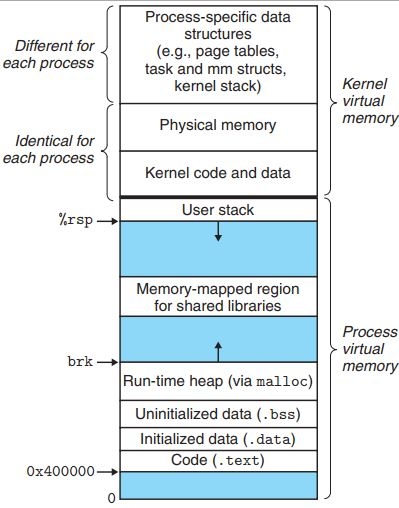Most operating systems will divide the computer’s virtual memory into two parts: the user space (or userland) and the kernel space. The kernel space is a partition of virtual memory whose contents are protected from direct access by non-operating system software like your regular scripts, apps and daemons. Only the kernel, device drivers and other critical OS software can freely read/write to the kernel space. Everything else can read/write only to user space.

The main motivation for this is to prevent malicious or unintentionally destructive programs from wrecking havoc on the computer system by manipulating critical operating system data.